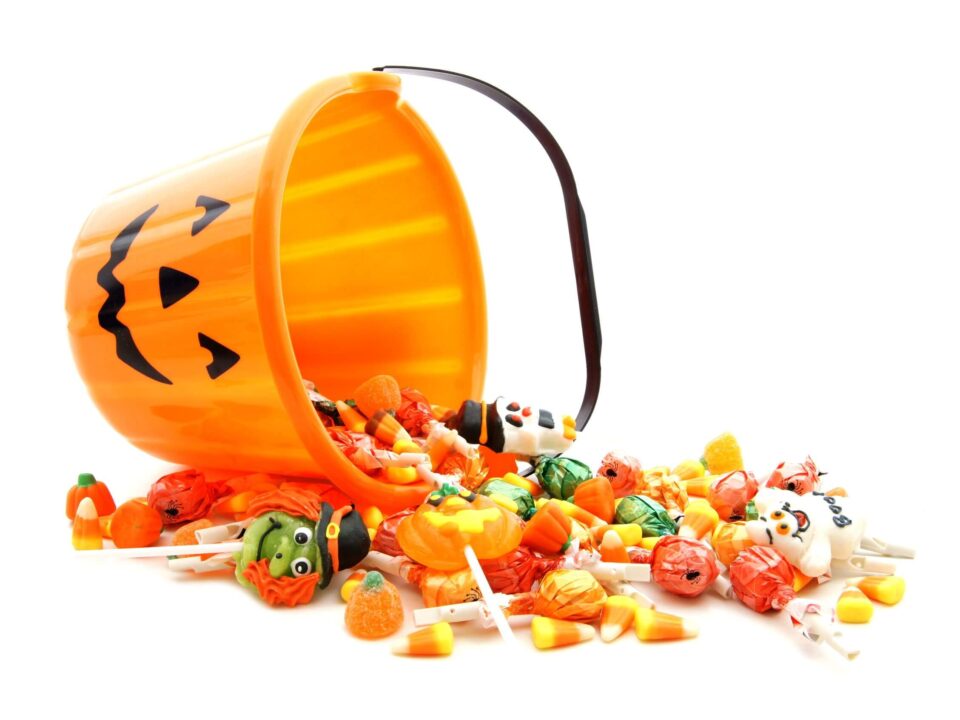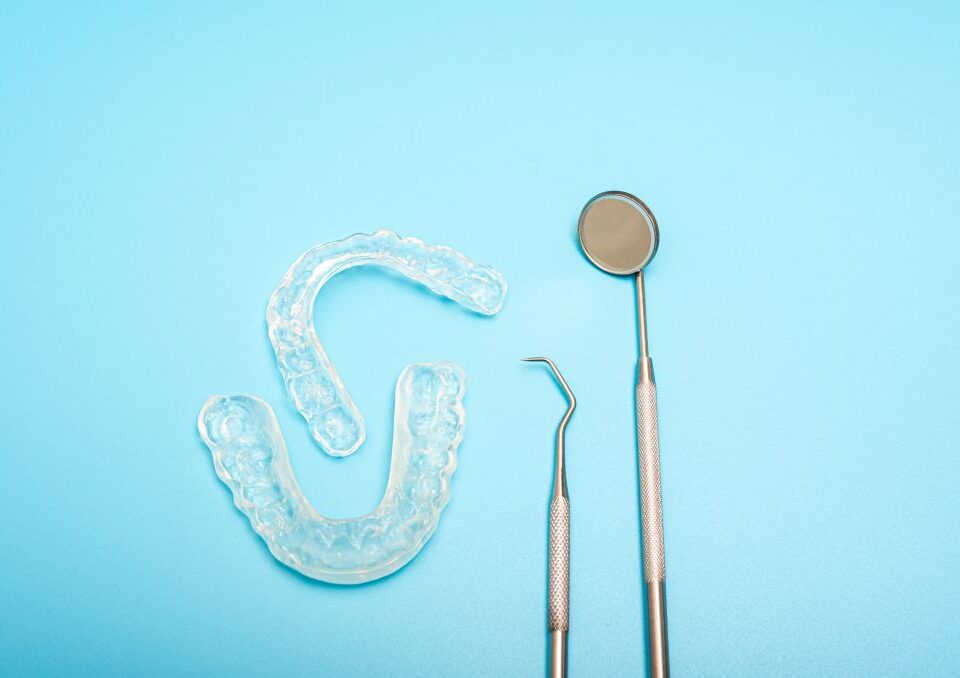Maintain a radiant smile with our expert dental hygiene tips
A healthy smile is more than just an attractive feature: it’s a reflection of your overall health and well-being. At our North Carolina dental practice, serving Fayetteville, Eastover, Hope Mills, St. Pauls, Raeford, and Laurinburg, we believe that prevention is the key to lifelong oral health. With the right daily habits, you can protect your teeth and gums, prevent cavities, and maintain that confident, radiant smile you deserve.
Below are our top 10 dental hygiene tips to keep your smile bright, healthy, and strong.
1. Brush Twice a Day
Brushing is the cornerstone of good oral hygiene. You’ve probably heard it since childhood, but how you brush matters just as much as how often you do it.
- Choose the Right Toothbrush: Opt for a soft-bristled toothbrush that effectively removes plaque without damaging enamel or irritating your gums. Electric toothbrushes are an excellent investment since they provide consistent motion and help ensure even cleaning. If you prefer a manual brush, look for one with the ADA (American Dental Association) Seal of Approval.
- Use Fluoride Toothpaste: Fluoride helps strengthen enamel and prevents cavities. Brush with a fluoride toothpaste twice a day – once in the morning and once before bed – to protect against decay and buildup.
- Master the Proper Brushing Technique: Hold your toothbrush at a 45-degree angle toward your gums. Use gentle circular motions rather than aggressive back-and-forth scrubbing. Cover all surfaces: outer, inner, and chewing surfaces. Don’t forget to gently brush your tongue, where odor-causing bacteria can accumulate.
- Brush for Two Full Minutes: Set a timer, or hum your favorite song, whatever it takes to reach that recommended two-minute mark. Many electric toothbrushes now include built-in timers to help you meet this goal.
2. Don’t Forget to Floss
Even the best toothbrush can’t reach every crevice between your teeth. That’s where flossing comes in: it removes plaque and food debris from places your toothbrush can’t access, preventing cavities and gum disease.
- Choose the Right Floss: There’s no one-size-fits-all option. Waxed floss slides more easily between tight teeth, while unwaxed floss provides a firmer grip. If you have braces or dental bridges, floss threaders or water flossers can make the process much easier.
- Learn Proper Flossing Technique: Cut about 18 inches of floss and wrap most of it around your middle fingers, leaving about two inches of floss between them. Gently slide the floss between your teeth using a back-and-forth motion. Curve the floss into a “C” shape around each tooth and move it up and down along the gumline. Use a fresh section of floss as you move from tooth to tooth.
- Be Gentle: Avoid snapping or forcing the floss. This can irritate or injure your gums. A light, steady touch ensures you remove plaque effectively without discomfort.
3. Use Mouthwash for Extra Protection
A good antimicrobial mouthwash helps reduce bacteria, freshen breath, and protect against gingivitis. If you’re cavity-prone, choose a mouthwash with fluoride for added enamel protection.
For best results, swish the mouthwash around your mouth for 30 seconds after brushing and flossing. Avoid eating or drinking for at least 30 minutes afterward so the fluoride can work its magic.
4. Eat Well
Nutrition plays a major role in dental health. Foods rich in calcium, phosphorus, and vitamins A, C, and D support strong teeth and healthy gums.
- Fruits and vegetables (like apples, carrots, and celery) naturally clean your teeth and stimulate saliva production.
- Dairy products (milk, cheese, yogurt) are rich in calcium and help neutralize mouth acids.
- Lean proteins like fish, poultry, and eggs provide essential minerals that support enamel health.
Sugary snacks, sticky candies, and acidic beverages like soda or fruit juice can erode enamel and feed bacteria. If you indulge, rinse with water afterward or chew sugar-free gum to help balance your mouth’s pH.
5. Drink Enough Water
Water isn’t just good for your body: it’s essential for your oral health. Drinking water helps rinse away leftover food particles and bacteria that can lead to decay and bad breath.
Keep a reusable water bottle handy throughout the day to stay hydrated and support your smile naturally.
6. Replace Your Toothbrush Regularly
Even the best toothbrush wears out over time. Replace yours every three to four months, or sooner if the bristles become frayed. Worn bristles can’t clean effectively and may even harbor bacteria.
Also, remember to change your toothbrush after you’ve been sick, especially with illnesses like the flu or strep throat, to avoid reintroducing germs to your mouth.
7. Avoid Tobacco Products
Tobacco use, whether smoking or chewing, can have devastating effects on your oral health. It stains your teeth, causes bad breath, increases your risk of gum disease, and significantly raises the likelihood of developing oral cancer.
If you’re trying to quit, your dentist can recommend cessation programs or nicotine alternatives. Kicking the habit is one of the best things you can do.
8. Regular Dental Checkups
Even with the best home care routine, professional dental visits are essential. Schedule checkups and cleanings at least twice a year.
Your dentist can:
- Remove hardened plaque (tartar) that brushing can’t eliminate
- Detect cavities, gum disease, or oral cancer in their early stages
- Provide personalized advice based on your dental history
Preventive care visits often save you from costly and painful procedures later on. Think of them as an investment in your long-term oral health.
9. Protect Your Teeth During Physical Activities
If you play sports or engage in activities with a risk of impact – like football, basketball, or biking – wear a mouthguard. A custom-fitted mouthguard from your dentist provides superior comfort and protection compared to store-bought versions.
For those who grind their teeth at night (a condition called bruxism), a nightguard can also prevent enamel wear and jaw discomfort.
10. Pay Attention to Your Gums
Healthy gums are the foundation of a strong smile. They should be firm, pink, and not bleed when you brush or floss. If you notice redness, swelling, tenderness, or persistent bad breath, these could be signs of gingivitis – the earliest stage of gum disease.
Gum disease can progress silently, leading to tooth loss and even impacting your overall health. Studies have shown links between periodontal disease and conditions like heart disease, diabetes, and stroke. Early treatment and consistent oral hygiene can reverse or control it.
Smile Confidently with Professional Care
Good dental hygiene habits are simple but powerful. With the right daily practices – and regular visits to your trusted dental team – you can enjoy a lifetime of healthy, confident smiles.
Your smile is our top priority: schedule your next appointment today and let’s keep it shining bright!




